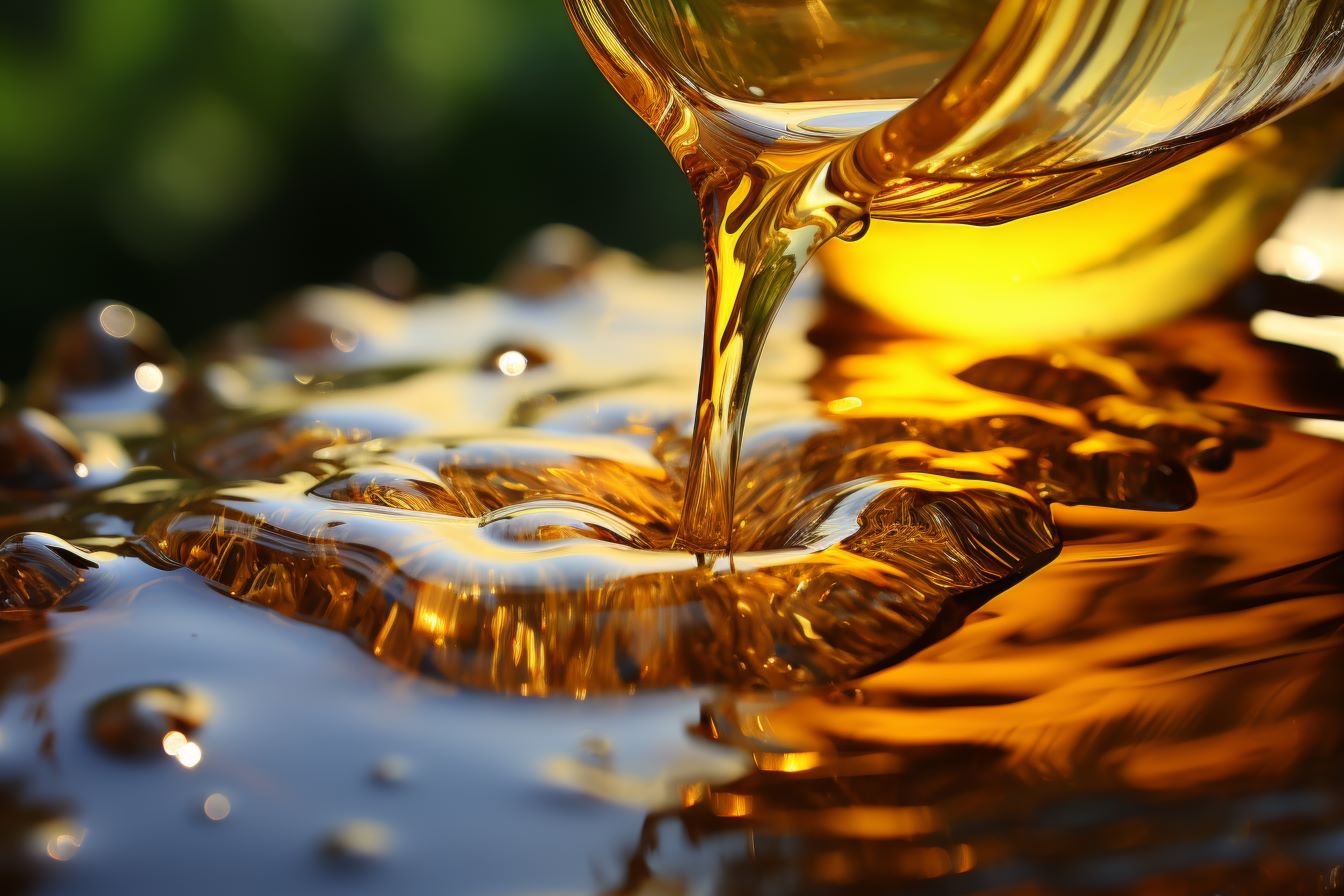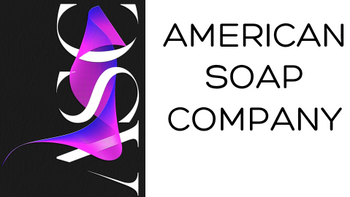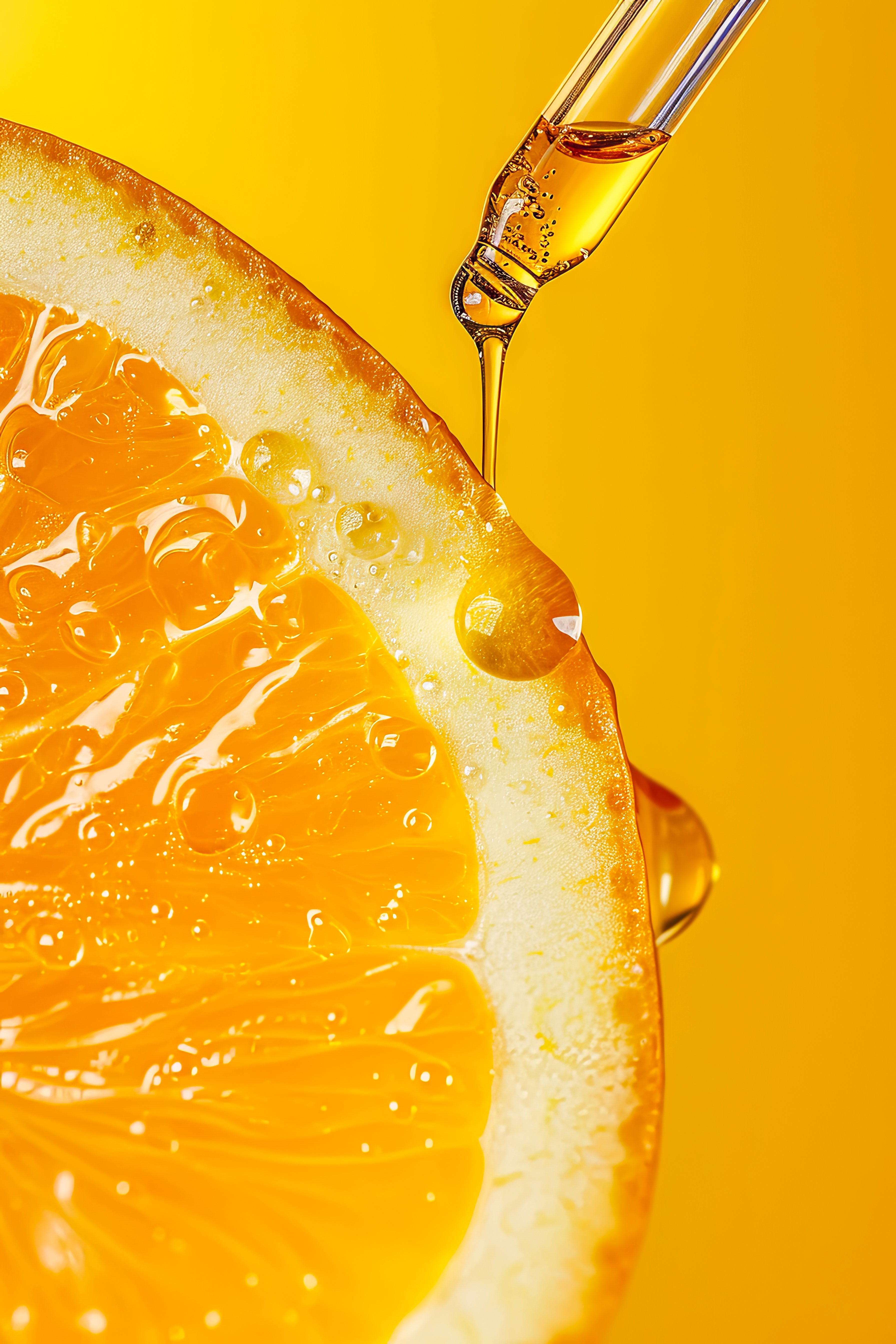
Why Can’t Soap Creators Use the Word "Moisturizing"? Unpacking the Lather of Legalities
Hey there, soap enthusiasts! Ever noticed that your favorite handcrafted soap is bursting with skin-loving ingredients, but the label never says "moisturizing"? It’s not because soap makers don’t want to brag about their awesome creations. The reason lies in the complex, often frustrating world of regulations and legalities. Let’s dive into the frothy details with a bit of humor and clarity, shall we?
1. The Soap vs. Cosmetic Conundrum
First things first, let’s talk about definitions. In the world of regulations, soap is considered a specific category, while cosmetics and drugs are different beasts altogether. According to the U.S. Food and Drug Administration (FDA), a product can only be labeled as "soap" if it primarily cleanses through the action of saponified fats and oils. If soap makers start making claims like "moisturizing," the product might be classified as a cosmetic or even a drug. Yikes!
2. The FDA and Its Rules: Keeping Soapmakers on Their Toes
The FDA has clear guidelines about what can and cannot be claimed on soap labels. If a soap maker wants to call their product "moisturizing," they need to provide scientific evidence and go through rigorous testing and approval processes. This is because "moisturizing" suggests a specific benefit that alters the skin’s structure or function, pushing the product into the cosmetic or drug category. And let’s face it, most small-batch soap makers don’t have the resources to navigate this bureaucratic labyrinth.
3. The Cost of Compliance: Ain’t Nobody Got Time (or Money) for That
For big cosmetic companies, getting FDA approval for moisturizing claims might be a manageable expense. But for artisan soap makers, it’s a different story. The costs of testing, documentation, and compliance for this approval can be prohibitively high. Many soap creators prefer to focus on making amazing products rather than jumping through legal hoops and burning their wallets.
4. Creative Labeling: The Art of Saying It Without Saying It
So, how do soap makers let you know their products are skin-friendly without using the "M" word? They get creative! You’ll see terms like "nourishing," "hydrating," or "rich in natural oils" on labels. These phrases suggest benefits without crossing the regulatory line. It’s a bit like playing charades with the FDA – soap makers can’t say "moisturizing," but they sure can hint at it!
5. Transparency and Trust: The Real Soap Story
Despite these restrictions, reputable soap makers are transparent about their ingredients. They provide detailed lists of what goes into their products, so you can make informed decisions. Ingredients like shea butter, olive oil, and glycerin are known for their skin-loving properties. While the label might not say "moisturizing," your skin will still reap the benefits of these natural moisturizers.
6. The Takeaway: Soap Still Rocks, Even Without the "M" Word
Just because your favorite soap doesn’t say "moisturizing" on the label doesn’t mean it won’t leave your skin feeling fabulous. Handcrafted soaps, like those from American Soap Company, are packed with high-quality ingredients that nourish and hydrate your skin. The legal lingo might be tricky, but the benefits are real.
Conclusion: Lather Up and Feel the Love
So, next time you lather up with a bar of handcrafted soap and wonder why it doesn’t claim to be "moisturizing," remember the soap makers are just following the rules. They’re focused on bringing you the best products without getting tangled in red tape. Trust in the quality, enjoy the benefits, and keep supporting your favorite soap artisans.
Curious to try some of our skin-loving, "hydrating" soaps? Visit our website and explore our range of luxurious, handcrafted products. Your skin will thank you – even if we can’t legally say it’s moisturizing!
Stay bubbly and informed, The American Soap Company Team






